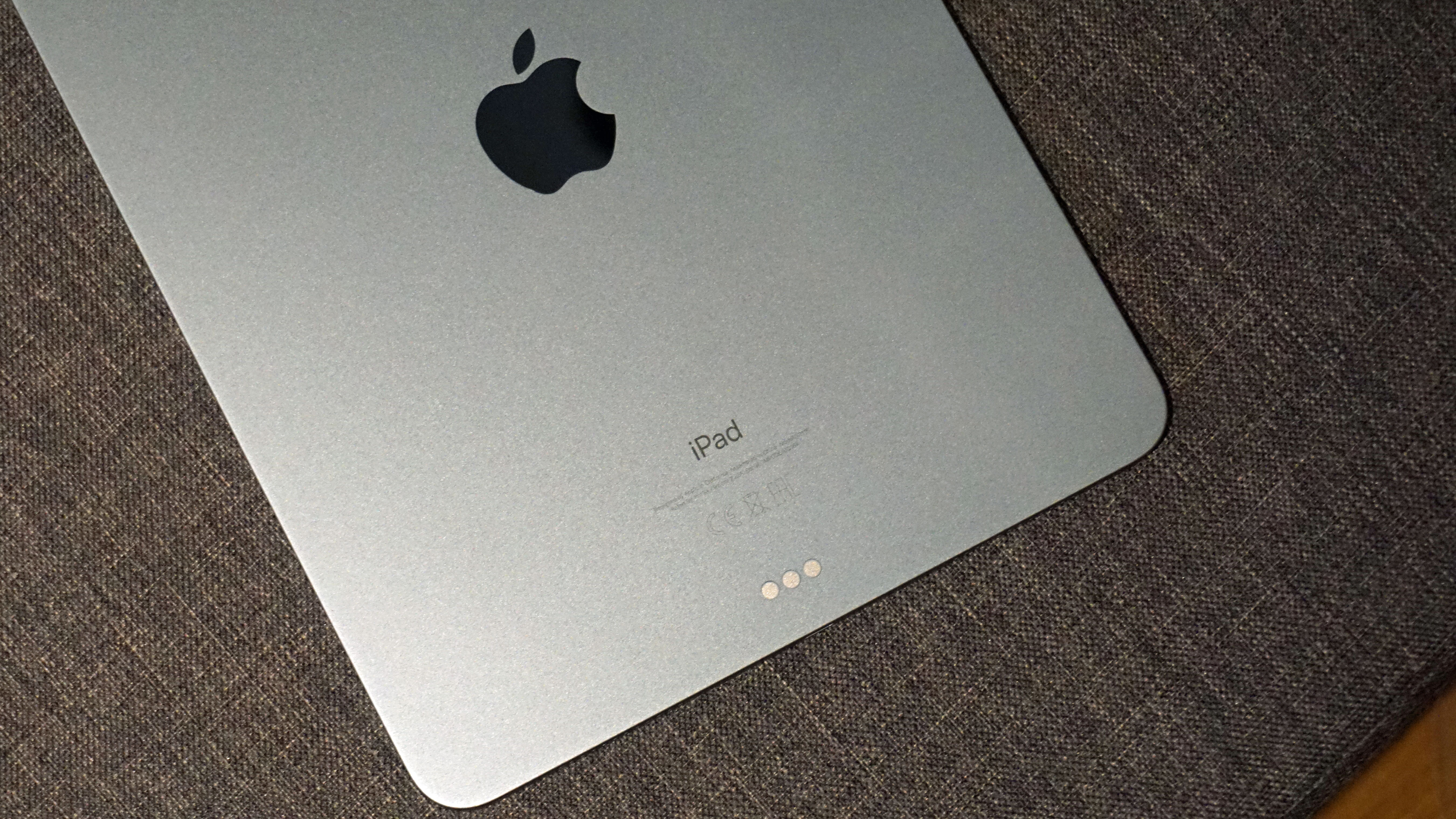An iPad Air 5 with an M1 chipset is too much power for its own good
Not everyone needs M1

How much processing power is too much, when it comes to mid-range tablets? Well, the iPad Air 5 might be about to answer that question for us, because it sounds like it's going to be unnecessarily powerful.
This is because 9to5Mac thinks the upcoming iPad, which we're expecting to launch in just a handful of hours (follow our Apple March Event live blog here), will get an M1 chip. That's the super-powerful piece of silicon that Apple debuted in late 2020, which also powered the iPad Pro (2021).
In the past, Apple's iPad Airs have used the same chipsets as their contemporary entry-level iPad and iPad mini devices, which are also used in whatever iPhone is newest at the time.
That makes them impressively powerful anyway, but apparently, Apple didn't think that was enough, as the M1 is used in MacBook Pros amongst other things. We're expecting the M2 to debut at the event later - maybe Apple is using the iPad Airs to use up stock of the older chipsets.
Analysis: too much power
I can't help but feel dubious at this iPad Air M1 rumor - not because it's far-fetched, but because it seems unnecessary.
Mobile tech is already plateauing in terms of power, and that's because we've already reached the point where a processor is better than we are. If I want to navigate, play a game or skim through menus, my devices already react so much quicker than I can tell them to do stuff.
Even top-end iPad apps used for professionals work just fine on the A15 Bionic mobile processor - M1 just isn't necessary.
Sign up for breaking news, reviews, opinion, top tech deals, and more.
Sure, there may be professional-tier apps in the future that require the M1. But professionals are going to get the iPad Pro - that's the one designed for professionals, it's literally in the name.
The iPad Air devices are designed and marketed as mid-range alternatives for people who don't need all the processing power of the top-end version. They're for students, for people like me who go to the coffee shop and write.
Plus, there will be some knock-ons for this chipset change. While we can't say for sure, it's very likely the price will get bumped up from the iPad Air 4 as a result, and we also imagine power consumption will jump up too. The current iPad Air can already get painfully expensive for a mid-range device, if you decide you need storage space.
As someone who's perfectly happy using a several-year-old iPad, Apple's push for the very highest echelons of processing power seems wildly unnecessary. Android manufacturers have their own issues in this regard - but this news isn't about an Android tablet, is it?
Hopefully we'll see a new iPad Air debut today with an A-series chipset, a lower price than its predecessor, and a battery that doesn't give up the ghost as soon as my mocha's cool enough to drink on my rainy coffee shop writing sprees. I don't see that being the case if there's an M1 chip here.

Tom Bedford is a freelance contributor covering tech, entertainment and gaming. Beyond TechRadar, he has bylines on sites including GamesRadar, Digital Trends, WhattoWatch and BGR. From 2019 to 2022 he was on the TechRadar team as the staff writer and then deputy editor for the mobile team.